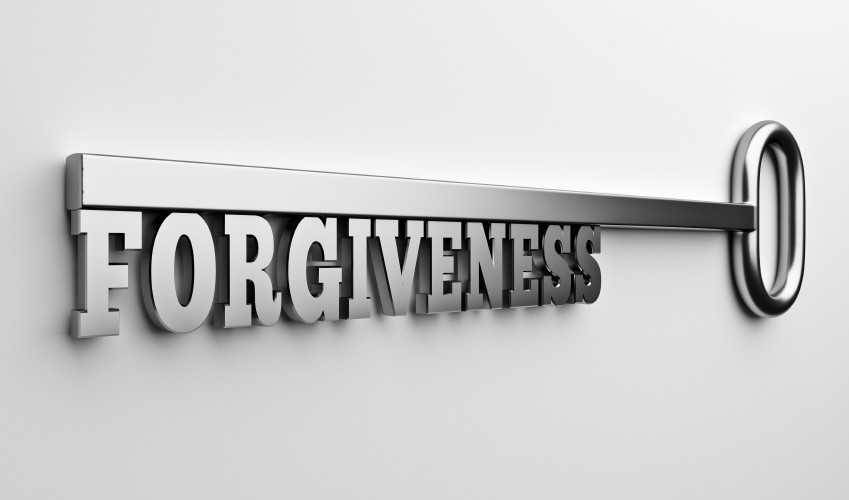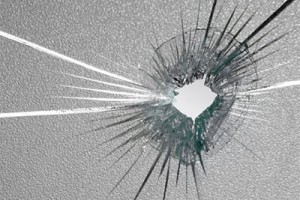“When you forgive, you in no way change the past—but you do change the future.” ~ Bernard Meltzer
The phrase “forgive and forget” has been passed along for ages, but how many people do you personally know that can apply both parts of that adage successfully? For some, forgiving is easier than forgetting while others may not remember the details of why they’re holding a grudge. But when you take a look at the damage that not forgiving causes your spirit, you’ll be ready to start working on changing your future.
In his book, Emotional Chaos to Clarity: How to Live More Skillfully, Make Better Decisions, and Find Purpose in Life, Phillip Moffitt explains how forgiveness is a loving act towards yourself. Once you have secured safety for yourself and others, you must begin the work of releasing yourself from the event by finding forgiveness. If you don’t, you will find problems on your life road relating to trust, intimacy, anger and judgment. When you stay in the trauma and shock of the event, it’s no longer the perpetrator that’s holding you back. It’s you.
A common response to trauma is anger, which can engrain emotions such as rage, hatred and vengeance into a person’s identification. However, if you are living a balanced life, your goal is to be at peace with everyone. If you choose to be stuck in your anger, you will find yourself in a negative static state, unable to heal.
In a perfect world, there is a sense of fairness, which reduces the likelihood of horrible things happening. Most perpetrators hurt others because of their perceived imbalance of power and equity. A sense of fairness comes about when you personally choose to change the overall conditions of the world you live in.
However, it’s difficult to create a kinder world if you walk around angry. Part of your healing requires being able to discern between rage and outrage. Both require determination, passion and action, but rage is narrow, short-term and blinded by fury while outrage is broad, steady and committed to a long-term solution.
To begin the practice of forgiveness, you must intentionally meet hatred with love. Our existence is full of loss and unpredictability, and regardless of the situation, it’s important to accept life on life’s terms. A common practice is a threefold meditation: ask for forgiveness for anyone you may have harmed with words, actions or thoughts; offer forgiveness to others for the same reasons as best you can; and offer forgiveness to yourself for self-harm.
If you find that you are unable to find forgiveness, you should then practice reconciliation. This is simply an acceptance of the fact that you are unable to offer forgiveness at this time, but are willing to allow your heart and mind to accept the other person just as they are. This is not resignation or defeat. It is acknowledging that you don’t get to rewrite your past, and that your acceptance of this truth will enable you to heal.








